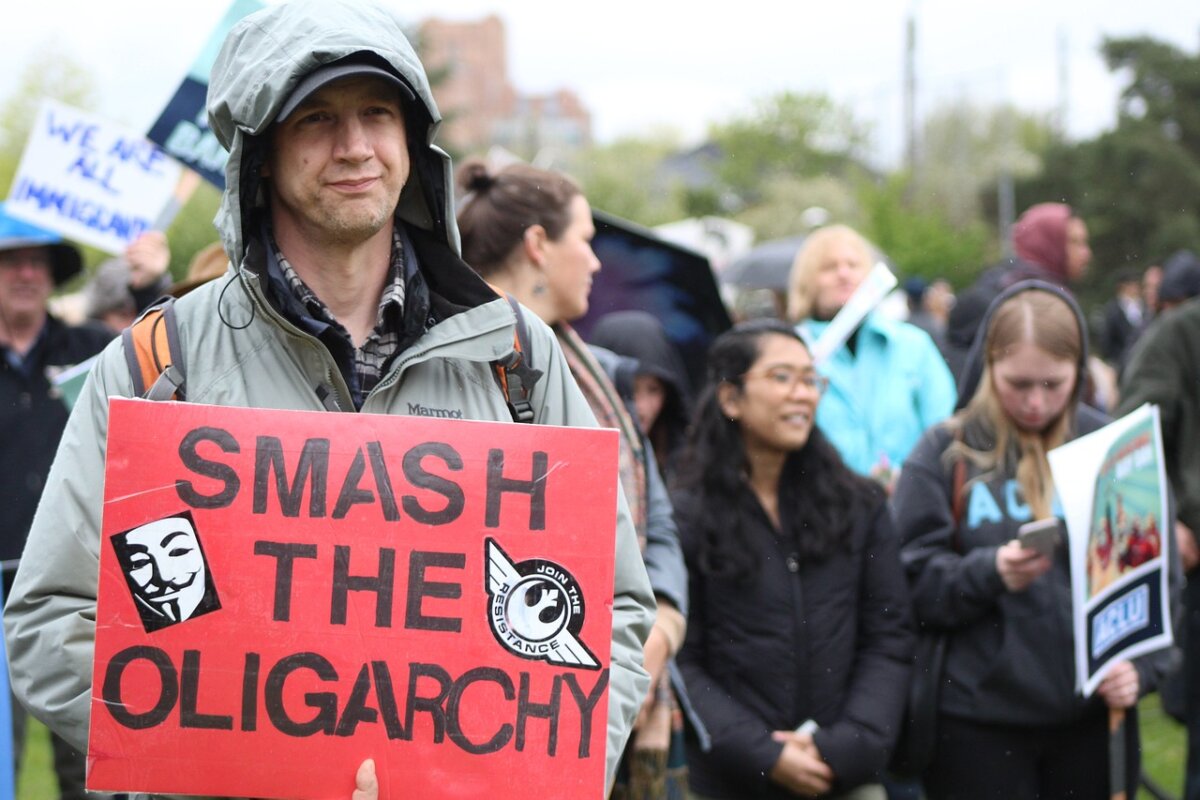Ziele und Inhalte
- Kenntnis der wichtigsten Ansätze der Wahl- und Einstellungsforschung
- Auseinandersetzung mit aktueller und aktuellster Literatur im Bereich des Seminars
Seminarplan (download)
Moodle
Detailliertere Informationen zum Kurs finden Sie in Moodle (nur für angemeldete Studierende)
Themen
| Datum | Thema | Basisliteratur |
|---|---|---|
| 18.04.2024 | Einführung | (Dalton and Klingemann 2011) |
| 25.04.2024 | Citizen participation: a new taxonomy | Theocharis and Deth (2018) |
| Radikal rechte Einstellungen und Wahlverhalten | ||
| 02.05.2024 | Structure, salience, agendas, & European party systems | Dennison and Kriesi (2023) |
| 16.05.2024 | Negative intergroup contact & radical right voting | Nijs, Stark, and Verkuyten (2019) |
| 23.05.2024 | Immigration attitudes & the city | Maxwell (2019) |
| Populismus, Kommunikation, Partizipation | ||
| 06.06.2024 | Populism, identity & mobilisation | Bos et al. (2020) |
| 13.06.2024 | Cross-cutting exposure & political participation | Matthes et al. (2019) |
| 20.06.2024 | Campaign effects & issue voting | Beach and Finke (2021) |
| Weitere Themen | ||
| 27.06.2024 | The gender gap in youth political participation | Pfanzelt and Spies (2019) |
| 04.07.2024 | Voting as group behaviour | Bhatti, Fieldhouse, and Hansen (2020) |
| 11.07.2024 | Weather experience & climate opinion | Damsbo-Svendsen (2021) |
| 18.07.2024 | Abschlussdiskussion |
Wichtige Zeitschriften
- American Political Science Review
- American Journal of Political Science
- Comparative Political Studies
- Comparative Politics
- Electoral Studies
- European Journal of Political Research
- European Sociological Review
- Journal of Politics
- Political Behaviour
Literatur
Achtung: Die Bücher von Falter/Schoen bzw. Dalton/Klingemann sind im Campus-Netz bzw. via VPN als E-Books verfügbar
Beach, Derek, and Daniel Finke. 2021. “The Long Shadow of Attitudes: Differential Campaign Effects and Issue Voting in EU Referendums.” West European Politics 44 (7): 1482–1505. https://doi.org/10.1080/01402382.2020.1780829.
Bhatti, Yosef, Edward Fieldhouse, and Kasper M. Hansen. 2020. “It’s a Group Thing: How Voters Go to the Polls Together.” Political Behavior 42 (1): 1–34. https://doi.org/10.1007/s11109-018-9484-2.
Bos, Linda, Christian Schemer, Nicoleta Corbu, Michael Hameleers, Ioannis Andreadis, Anne Schulz, Desirée Schmuck, Carsten Reinemann, and Nayla Fawzi. 2020. “The Effects of Populism as a Social Identity Frame on Persuasion and Mobilisation: Evidence from a 15-Country Experiment.” European Journal of Political Research 59 (1): 3–24. https://doi.org/10.1111/1475-6765.12334.
Dalton, Russell J., and Hans-Dieter Klingemann, eds. 2007. The Oxford Handbook of Political Behavior. Oxford: Oxford University Press. https://doi.org/10.1093/oxfordhb/9780199270125.001.0001.
———. 2011. “Overview of Political Behavior: Political Behavior and Citizen Politics.” In The Oxford Handbook of Political Science, Godin, Robert E.:321–44. Oxford University Press.
Damsbo-Svendsen, Søren. 2021. “How Weather Experiences Strengthen Climate Opinions in Europe.” West European Politics 44 (7): 1604–18. https://doi.org/10.1080/01402382.2020.1792731.
Dennison, James, and Hanspeter Kriesi. 2023. “Explaining Europe’s Transformed Electoral Landscape: Structure, Salience, and Agendas.” European Political Science Review, online first. https://doi.org/10.1017/S1755773923000085.
Falter, Jürgen W., and Harald Schoen, eds. 2014. Handbuch Wahlforschung. 2nd ed. Wiesbaden: Springer VS. https://doi.org/10.1007/978-3-658-05164-8.
Matthes, Jörg, Johannes Knoll, Sebastián Valenzuela, David Nicolas Hopmann, and Christian von Sikorski. 2019. “A Meta-Analysis of the Effects of Cross-Cutting Exposure on Political Participation.” Political Communication 36 (4): 523–42. https://doi.org/10.1080/10584609.2019.1619638.
Maxwell, Rahsaan. 2019. “Cosmopolitan Immigration Attitudes in Large European Cities: Contextual or Compositional Effects?” American Political Science Review 113 (2): 456–74. https://doi.org/10.1017/S0003055418000898.
Nijs, Tom, Tobias H. Stark, and Maykel Verkuyten. 2019. “Negative Intergroup Contact and Radical Right-Wing Voting: The Moderating Roles of Personal and Collective Self-Efficacy.” Political Psychology 40 (5): 1057–73. https://doi.org/10.1111/pops.12577.
Pfanzelt, Hannah, and Dennis C. Spies. 2019. “The Gender Gap in Youth Political Participation: Evidence from Germany.” Political Research Quarterly 72 (1): 34–48. https://doi.org/10.1177/1065912918775249.
Theocharis, Yannis, and Jan W. van Deth. 2018. “The Continuous Expansion of Citizen Participation: A New Taxonomy.” European Political Science Review 10 (1): 139–63. https://doi.org/10.1017/S1755773916000230.
Discover more from kai arzheimer
Subscribe to get the latest posts sent to your email.
